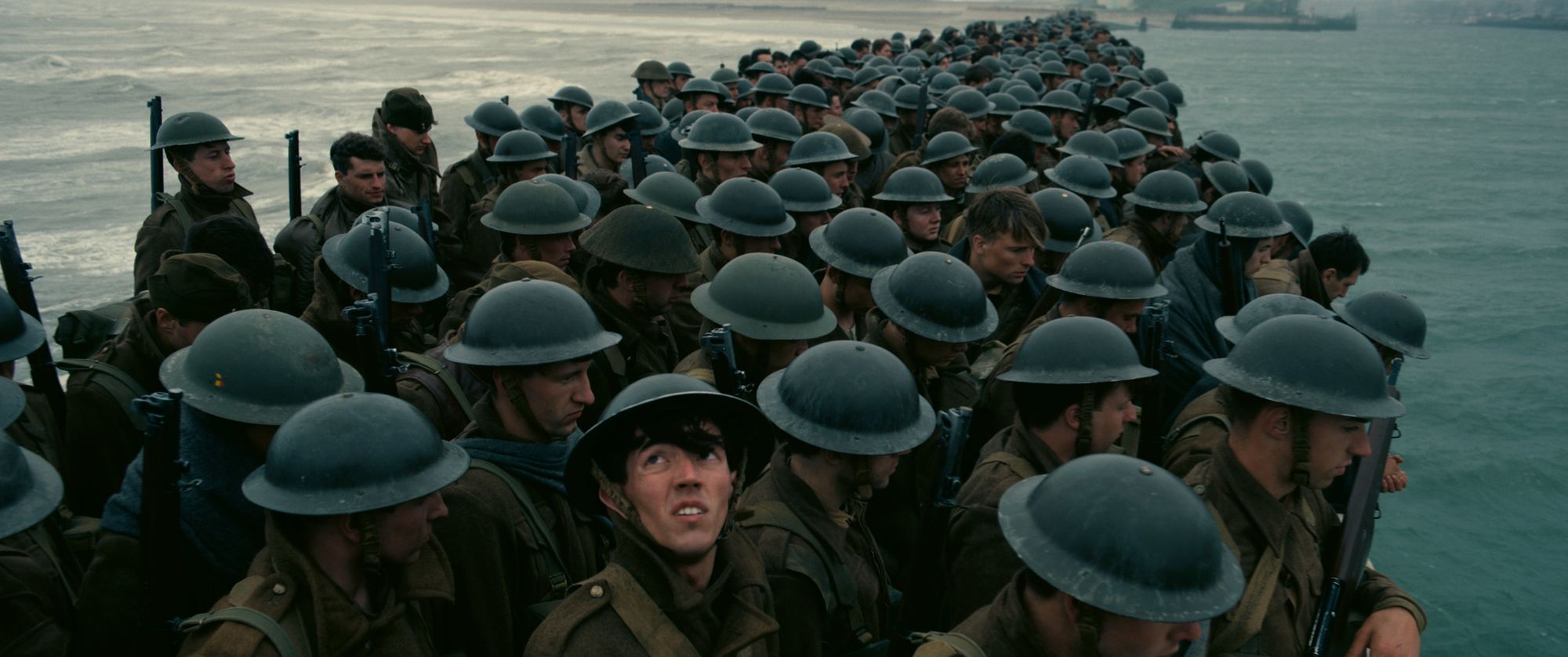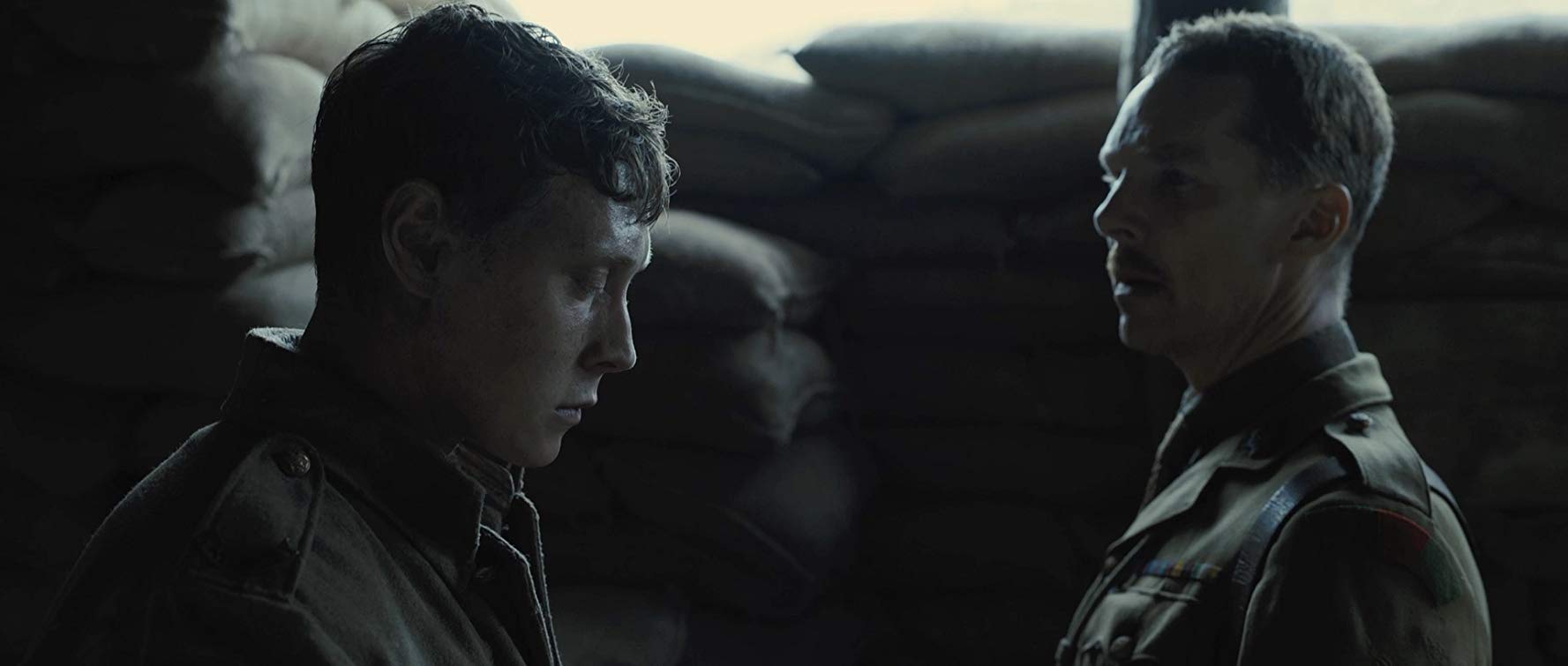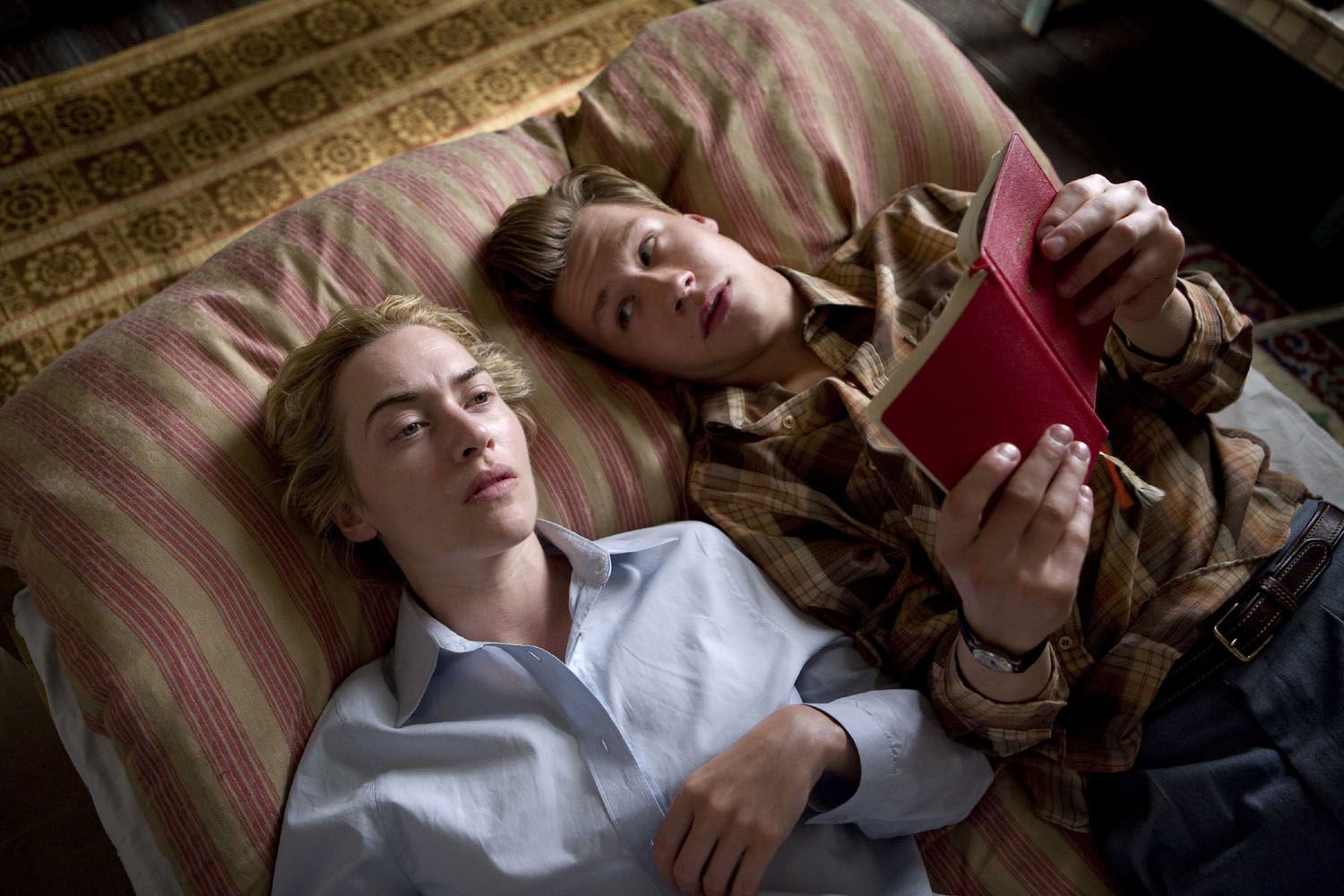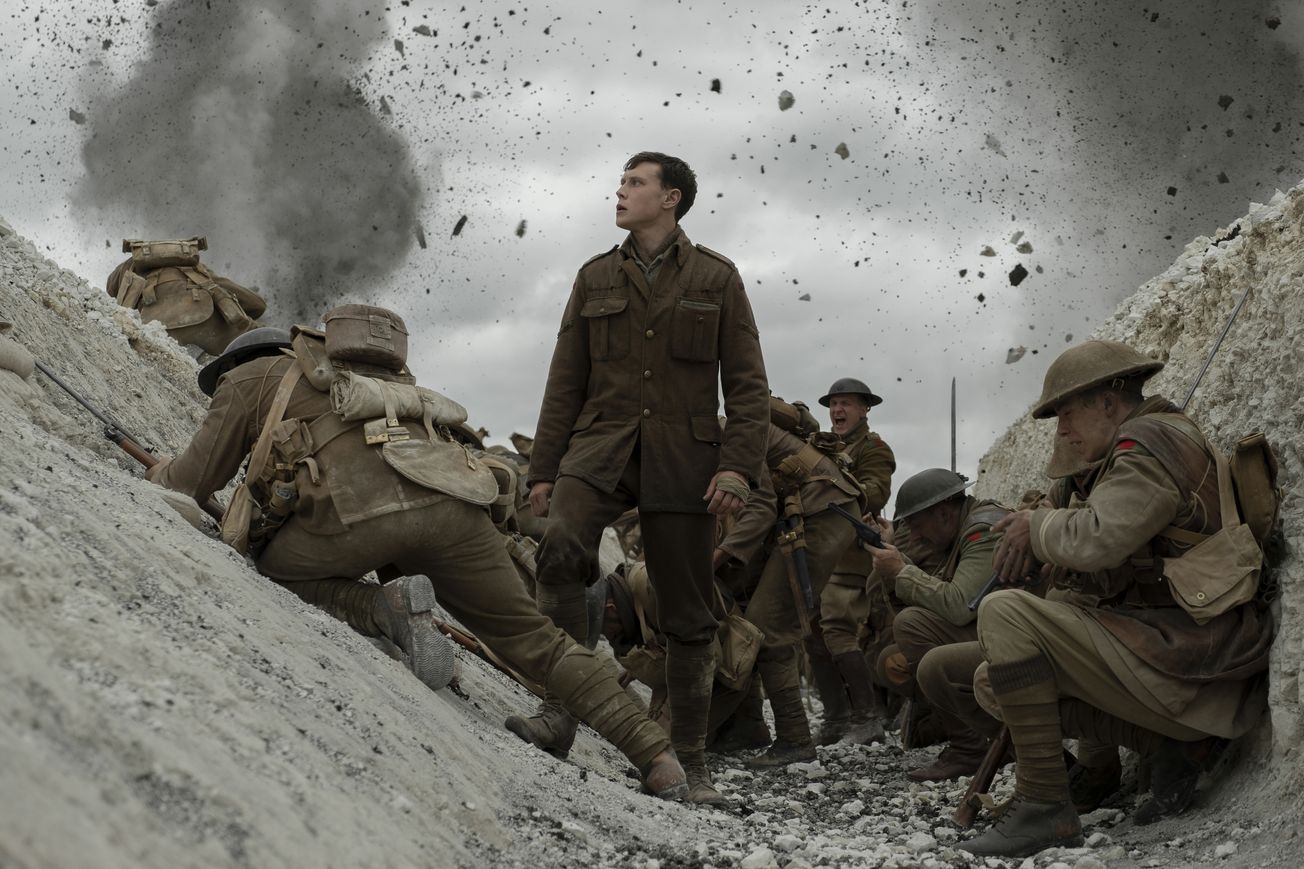By Claire Meakins, Film & TV Critic and Subeditor
Taking place on 11th November every year, Remembrance Day is a commemoration of those in Britain and the Commonwealth whose lives have been affected or lost in conflict. The day is often associated with the First World War, but it is also a chance to remember those impacted by all wars right up to the present day.
The below list of films have been chosen for their ability to help us remember and honour the dead, without attempting to glorify or hide the brutal realities of war.

1917 (2019)
Set during WW1, 1917 follows two young soldiers, played by George MacKay and Dean-Charles Chapman, who are tasked with delivering a message across No Man’s Land. Prolific and critically acclaimed director, Sam Mendes, based the film on stories he had heard from his grandfather, giving 1917 a particularly personal resonance.
The film is perhaps most famous, however, for its cinematography. Working with the exceptional cinematographer Roger Deakins, Mendes uses techniques to make the film appear as though it is shot in one continuous take, creating the sense that you are watching it in ‘real time’. The technique fully immerses the audience into the story and heightens the claustrophobia of the trenches. The gritty depiction of masses of battle-worn young men forced into spaces that are small, dirty, and saturated with trauma is unforgettable.
Without romanticising the conflict, 1917 emphasises small moments of hope amongst mass despair. While the film can hardly be described as ‘feel good’, it does provide a welcome reminder of the power of the seemingly insignificant in helping to prevent the atrocity.

They Shall Not Grow Old (2018)
Another WW1 film, They Shall Not Grow Old, is a cinematic documentary that focuses on the real experiences of men in the trenches. Using archive footage and interviews, the film is entirely narrated by the soldiers, and, with the help of impressive technology, the original film taken during the war is colorised and modernised.
This approach is exceptionally evocative, allowing for an intimate portrayal of men who are often differentiated from us as being idealised heroes. They Shall Not Grow Old ensures that we remember that they were, above all, human beings who endured senseless brutality rather than accomplishing noble deeds. The modernising technologies help to bring the war to life, depicting both the true extent of horror as well as a heart-warming sense of camaraderie between the men.
Black and white footage often make us relegate people and events to the past, never fully allowing us to recognise them as lived experiences. The colourisation in this documentary helps to restore the soldiers’ humanity and allows modern audiences to connect with the war in a new and powerful way.

The Imitation Game (2014)
The Imitation Game is a biopic of mathematician Alan Turing, depicting his time at Bletchley Park during WW2. Starring Benedict Cumberbatch, the film exemplifies the importance of British intelligence during the war.
On top of this, Turing's homosexuality meant that, for a long time, he did not receive the recognition he deserved for his exceptional contributions both to the war effort and to mathematics. The Imitation Game, released one year after Turing's royal pardon, helped to firmly cement him into the public consciousness.
Not taking place on the grisly battlefields we’ve come to associate with war films, The Imitation Game is set on a very different sort of frontline. Indeed, Turing displays the very opposite of the sort of masculinity that soldiers were meant to have and yet is very much a hero. This unique perspective means that the film manages to portray both the civilian and the combatant’s experience of war. Although Turing does not get the happy ending he deserves, the film ensures that we never fail to support his ambition and intellect.
The character of Joan Clarke (Keira Knightley) gives another often-neglected perspective to the film. Her intelligence and determination are constantly threatened by external forces trying to fit her into a traditionally feminine role, but, despite this, Clarke plays a pivotal role in cracking the enigma code. Both Clarke’s and Turing’s strengths may be different from that typically remembered when we think about wartime, yet it is undoubtedly worth commemorating as much as feats in battle.

The Reader (2008)
Set in Germany in the aftermath of WW2, The Reader is a film that forces viewers to truly confront the horrors and the complex ethical dilemmas raised by war.
The film tells the story of Michael Berg (David Kross/Ralph Fiennes), who, at the age of 15, has a summer affair with a much older woman, Hanna Schmitz (Kate Winslet). The relationship is problematic for several reasons (not least their troubling age gap), and, after Hanna receives a promotion, the two separate. Eight years later, Michael is a law student attending the trial of a group of former SS guards who were responsible for locking 300 Jewish women and children into a burning church. Much to the audience and Michael’s horror, one of the defendants is Hanna.
The Reader never attempts to justify or excuse the atrocities committed in the war, but it does complicate our preconceptions about the types of people involved in committing them. Hanna is certainly not sympathetic, but she also isn’t portrayed as entirely evil; she is a deeply flawed character living in impossible circumstances.
The film never belittles the audience’s intelligence, allowing for ambiguity and conflicted emotions, and raises disturbing questions about our willingness to be complicit and to submit to unimaginable cruelty. The Reader challenges the wartime binary of ‘us vs them’, instead focusing on the suffering and long-term trauma on both sides.

The Lord of the Rings Trilogy (2001-2003)
This might seem out of place amongst the other films on this list, but The Lord of the Rings is a trilogy with deep links to both world wars. Despite their high fantasy setting, the films are close examinations of human nature and of how we respond when confronted with what appears to be insurmountable evil.
Tolkien’s experience as an officer was influential in his writing, and the film adaptations managed to convey this aspect of his novels successfully. From the incredible bravery of Frodo Baggins (Elijah Wood) and Samwise Gamgee (Sean Astin) that echoes that found in even the lowest-ranking soldiers to the mass mobilisation of troops against a terrifying and powerful force intent on destruction, and the strangely ambivalent response of the Shire when Frodo and Sam return home – the films contain strong messages about the experience of conflict without having to be contextualised within a traditional wartime setting. In this way, The Lord of the Rings can be seen as a universal narrative of war.
While it may not be a typical Remembrance Day watch, the trilogy is a more fantastical way to engage with the themes that remembrance entails and is a reminder of how war’s legacy can feed into the most unlikely aspects of art and culture.
Featured Image: Francois Duhamel / Universal Pictures and Storyteller Distribution Co., LLC. Courtesy of IMDB
What war film would you recommend to commemorate Remembrance Day?








